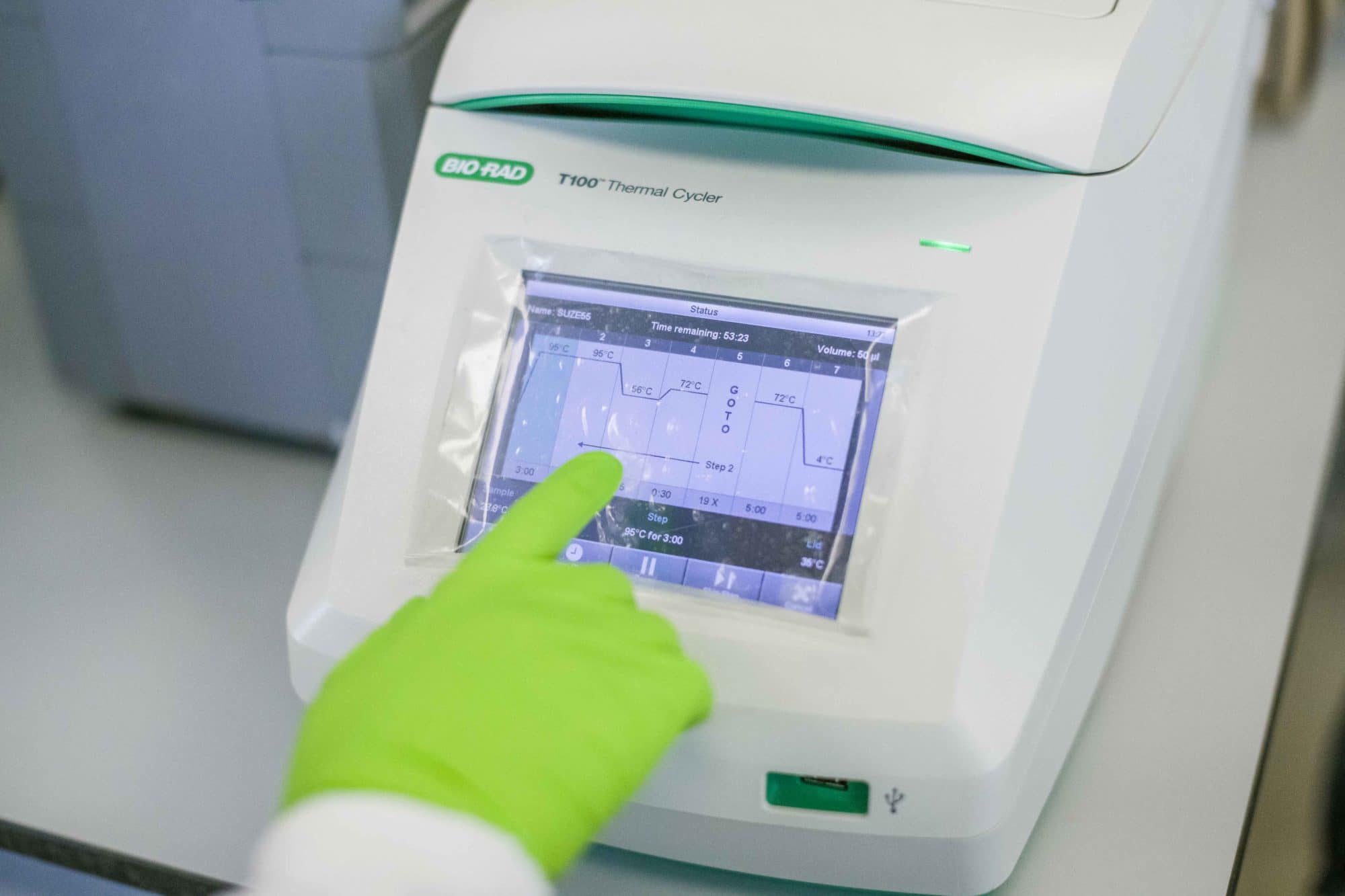
Look Forward – Summer 2022 – Issue 177
We’re all still buzzing from our recent conferences. We do hope you enjoyed them as much as we did. If you weren’t able to join us, then you can watch or listen to the recordings on our website.
Search results

We’re all still buzzing from our recent conferences. We do hope you enjoyed them as much as we did. If you weren’t able to join us, then you can watch or listen to the recordings on our website.
Despite the knock-on effects of the pandemic, there’s been a lot going on this year in the world of research! Here are snapshots of a few stories that have appeared in the Research News section of our website in 2022.

Inherited retinal dystrophies (IRDs) are the leading cause of blindness in working-age people in the UK, and children as young as eighteen-months are regularly diagnosed.
Beacon Therapeutics announced positive results from their phase 2 gene therapy trial for X-linked retinitis pigmentosa (XLRP) caused by mutations in the RPGR gene.
Early results from clinical testing of a gene therapy to treat X-linked retinitis pigmentosa (XLRP) have shown partial reversal of sight loss in some patients.
You may have heard that a cell-based treatment approach (sometimes referred to as a “stem cell treatment”), developed by a company called ReNeuron, is being tested in a clinical trial at Oxford Eye Hospital and other centres in the US and Europe.
In recent years there has, understandably, been a lot of excitement around cutting-edge therapies that target the specific genetic faults underlying inherited sight loss.
Information for healthcare professionals: Genetic testing and counselling in inherited retinal disease
Retina UK is delighted to announce that it has awarded three new research grants worth more than £870,000.

Retina UK aims not only to progress research along established threads, but to stimulate new thinking, encourage innovative approaches and nurture original ideas.